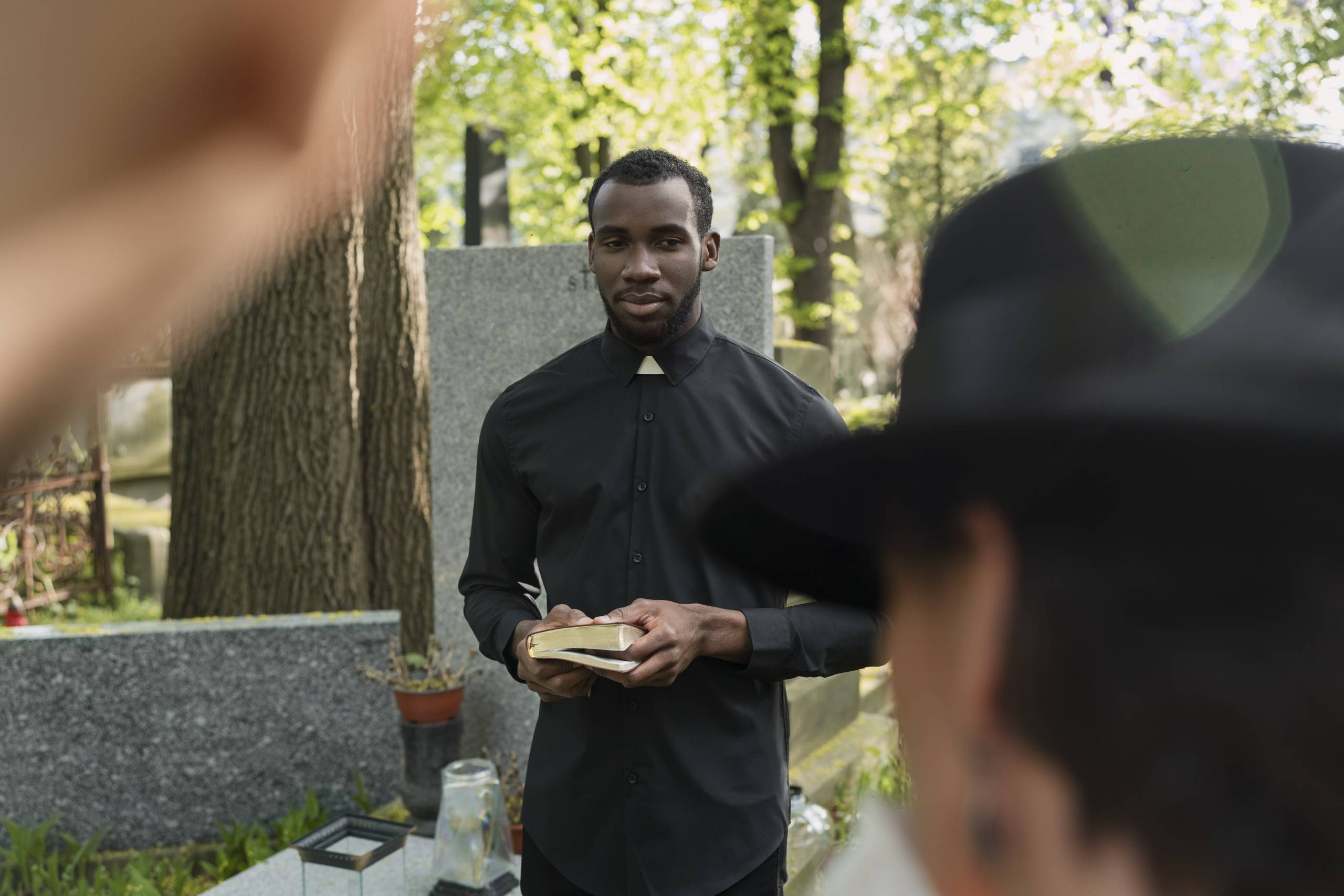Funeral planning is an important process that allows families to make informed decisions during a difficult time. At Lee Funeral Home, we understand that planning a funeral can feel overwhelming, especially in the wake of losing a loved one. This guide aims to simplify the process and highlight the key elements of funeral planning, helping you create a meaningful tribute that honors your loved one’s life.
Understanding Funeral Planning
Funeral planning involves making arrangements for a funeral service, burial, cremation, and any related events. It encompasses various decisions, from selecting a casket or urn to choosing a venue for the service. Taking the time to plan thoughtfully can ensure that the wishes of the deceased are honored while providing comfort to grieving family members.


Key Components of Funeral Planning
- Choosing a Funeral Home: Selecting a reputable funeral home is one of the first steps in the planning process. Look for a provider that aligns with your values and offers services that meet your needs. At Lee Funeral Home, we are dedicated to providing compassionate support and guidance throughout the entire process.
- Determining the Type of Service: Families can choose between different types of funeral services, including traditional burials, cremation ceremonies, or memorial services. Consider the preferences of your loved one and what type of service would best honor their memory.
- Selecting a Casket or Urn: If you are opting for a burial, choosing a casket is an essential decision. For cremation, selecting an urn is equally important. Both come in various styles, materials, and price ranges, allowing families to find an option that reflects their loved one’s personality and wishes.
4. Personalizing the Service: Personal touches can make a funeral service more meaningful. Consider including favorite songs, readings, or memories that celebrate the life of the deceased. This could also involve displaying photos or mementos that represent their journey and passions.
5. Organizing Logistics: Funeral planning includes coordinating the details of the service, such as the date, time, and location. Additionally, you may need to arrange transportation for family and guests, as well as consider any reception or gathering after the service.
6. Budgeting: Funeral costs can vary widely, so it’s important to establish a budget early in the planning process. Discuss the financial aspects with your chosen funeral home to ensure that you stay within your means while still providing a fitting tribute.
Conclusion
Funeral planning can be a challenging but necessary step in honoring a loved one’s life. By taking the time to understand the various components involved, you can create a meaningful farewell that reflects their wishes and provides comfort to those left behind. At Lee Funeral Home, we are here to guide you through every step of the planning process, ensuring that your loved one’s legacy is celebrated with dignity and respect. Our compassionate team is committed to supporting you during this difficult time, helping to ease the burden and allow you to focus on what truly matters—celebrating the life of your loved one.


